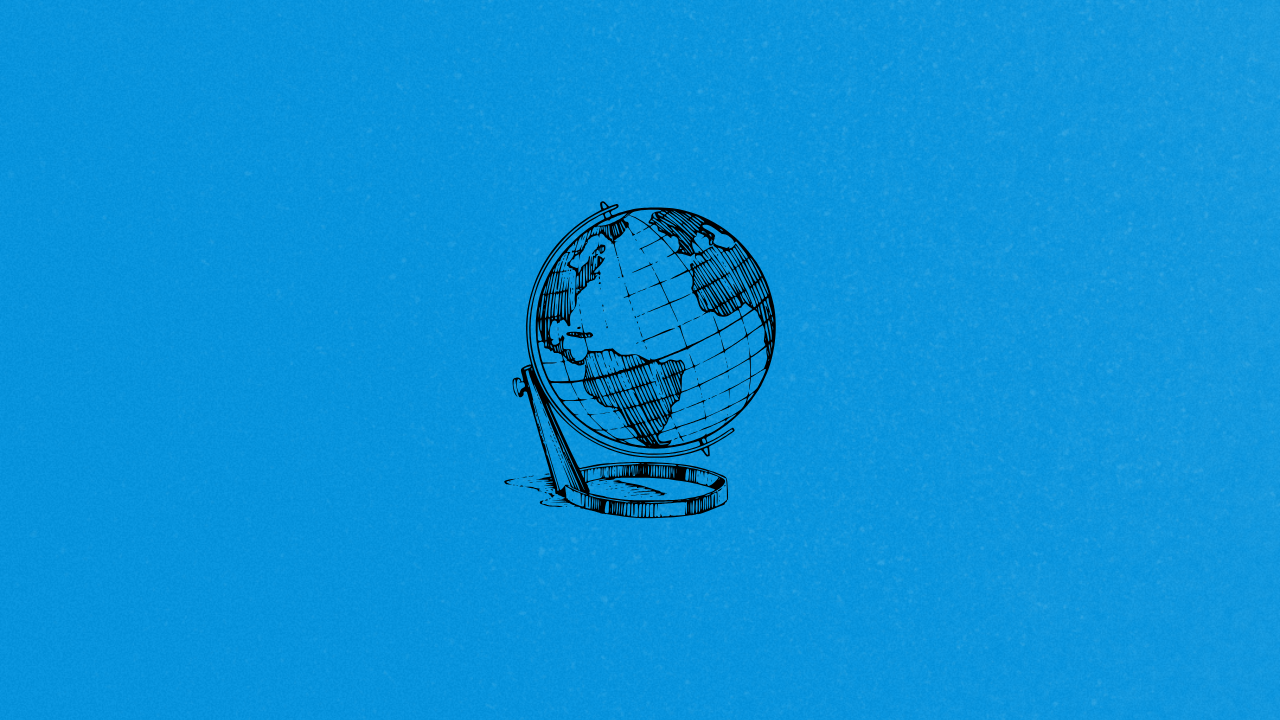Dear reader,
Did you know that on average, the number 1 person/company gets 10x more benefits than the number 10?
We have a bias to seek the “best of the world” in everything. We want to go to the best doctor, we want to buy the best laptop for us.
But there’s a subtle thing we can make use of to become the best in the world. That is in defining what “the world” means. There is not one absolute best for everyone because everyone has their own world.
For example, my world is mostly focused on tech and programming. Maybe someone else might love gaming. So the best laptop for me might not be the best laptop for them. Similarly, the “best laptop” for both of us would have to be in our budget and maybe it would have to be recommended by the reviewers we trust.
Similarly, let’s say we needed to go to a doctor for something. Chances are you’d try to find the best doctor. For you to decide on a “best” doctor, s/he’d have to be in your area, would have to be recommended by your friends or family, and would have to fit the ideal of what you think a doctor should be like. And chances are when you find such a doctor, you’d be willing to pay them a premium for a treatment.
The world has multiple smaller worlds. Every market has multiple sub-markets. Every niche has sub-niches.
To become the best in the world, find out which world you want to target. Maybe build an avatar of the type of people you’d like to work with or provide service to.
Anyone who is going to hire you, buy from you, recommend you, vote for you, or do what you want them to do is going to wonder if you’re the best choice.
Best as in: the best for them, right now, based on what they believe and what they know. And in the world as in: their world, the world they have access to.
I hope this gave you something interesting to think about.
I’ll see you next week.
Warmly,
Suraj

